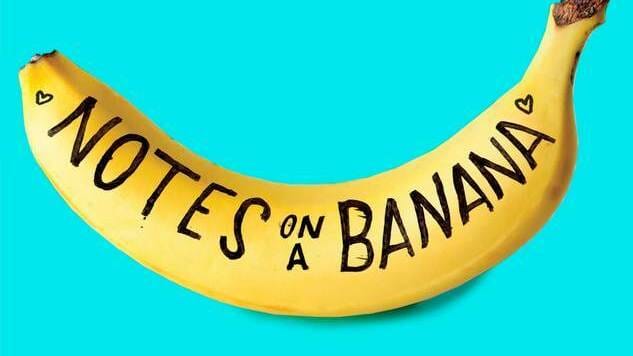David Leite’s Notes on a Banana Delivers the Best Portrait of Bipolar Disorder. I Would Know.

Like the great ocean gyres that are the engines of the world, life is often driven by currents of motivation and dreams. A memoir, being the written life of its author, requires currents as well, lest its prose sit torpid.
Availing itself to a particularly troublesome current is David Leite’s memoir Notes on a Banana, which is, as one would expect from a James Beard winner, about food, and, as one would expect from the son of Azorean immigrants, about being Portuguese, and, as one would expect from a gay man, about sexuality. But in totality, it’s truly about manic depression. Bipolar II, to be specific, the form of the disorder marked by deep depressive modes and hypomanic episodes (hypomania being, as Leite describes it, “a watercolor version of bright-neon manias”). It is the alternating currents of depression and hypomania that have galvanized and rendered black Leite’s life, a perpetual rolling brownout.
Notes on a Banana is one of the finest portraits of bipolar disorder I have ever read.
I would know.
Much has been written about depression and anxiety, two fairly common mental health disorders that can be situational. Someone who has never presented signs of a mental health disorder can auger in to depression via a death or divorce, and they can feel the white-hot iron maiden of anxiety when experiencing an extraordinary enough scenario. Leite’s writings can be added to the Depression/Anxiety Canon.
 But it’s at the opposite end of the bipolar spectrum—mania—where Leite truly shines. His depictions, from being Touched by the Lord in a library at Carnegie Mellon to his repeated revelations that he is the Most Special and Supreme Individual in the World (there will be much capitalizing in this essay, something Leite will most definitely understand), join a too-small list of examples.
But it’s at the opposite end of the bipolar spectrum—mania—where Leite truly shines. His depictions, from being Touched by the Lord in a library at Carnegie Mellon to his repeated revelations that he is the Most Special and Supreme Individual in the World (there will be much capitalizing in this essay, something Leite will most definitely understand), join a too-small list of examples.
Let me add some, then, to the list.
-

-

-

-

-

-

-

-

-

-

-

-

-

-

-

-

-

-

-

-

-

-

-

-

-

-

-

-

-

-

-

-

-

-

-

-

-

-

-

-








































